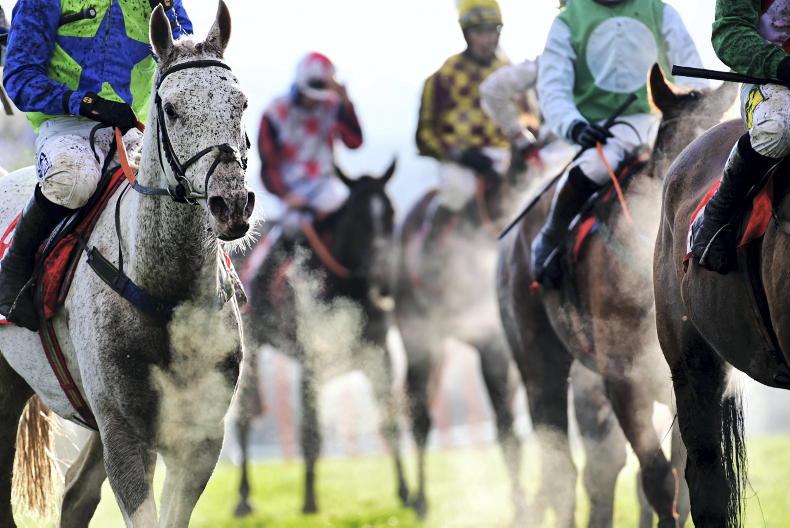The RTÉ Investigates report into horse exports and horse slaughter sent shockwaves through the equine industry and the general public.
There were three parts to the one-hour documentary. The first part focused on retired racehorses being sent for slaughter, some of whom had won races. There was no suggestion of illegal activity but a few well-known trainers were named and it was a bad look for an industry widely and wrongly perceived to be full of money.
Part two dealt with the export of low-grade horses of all breeds across Europe by unscrupulous dealers. This often involved creating new identities for the horses, apparently by ‘losing’ their original passports and convincing one of the many passport-issuing authorities on this island or in Europe to issue a new passport with false details.
It seems that most of these exported horses were being sold to new owners and, one hopes, they had a decent quality of life.
However, it was the final part of the programme which really turned stomachs. The RTÉ Investigates team placed hidden cameras inside Ireland’s only abattoir for horses, Shannonside Foods Ltd in Straffan, Co Kildare.
Here we saw unwanted horses being repeatedly beaten with a long pipe, injured horses left to die in filthy conditions, and what appeared to be the illegal insertion of microchips into horses’ necks to give them a new identity, apparently so that they could be cleared by Department vets to enter the food chain once slaughtered.
Since the report was aired we’ve had statements of outrage and disgust from all quarters. So what needs to happen now?
Well, you would think the first step would be to shut down the abattoir – or at least bring it under the management of the Department of Agriculture. But that doesn’t seem to have happened and the Minister has sidestepped that question, citing the ongoing investigation, etc.
Will there even be charges brought and, if so, what penalties will there be? Anyone familiar with animal cruelty cases in this country will know only too well that usually the guilty parties escape with a modest fine and a ban on owning animals in the future. In extreme cases a short prison sentence is handed down.
Passport loopholes
A bigger issue is sorting out the passport loopholes. There are simply too many ‘horse boards’ authorised by the Department to issue passports which are recognised internationally. The integrity of the microchip system has also been undermined.
Every thoroughbred and sport horse is DNA-profiled when registered with Weatherbys shortly after birth. But that info is locked away in a secure database. We need some foolproof way in which horses can be quickly identified through their DNA profile, be they at Cheltenham, Ballinasloe horse fair, an abattoir or changing hands somewhere in Europe.
That will probably take years to develop. In the meantime, we can only hope that the fear of exposure or being punished will be enough to deter cash-strapped or heartless horse owners from passing on unwanted animals into the wrong hands.









SHARING OPTIONS